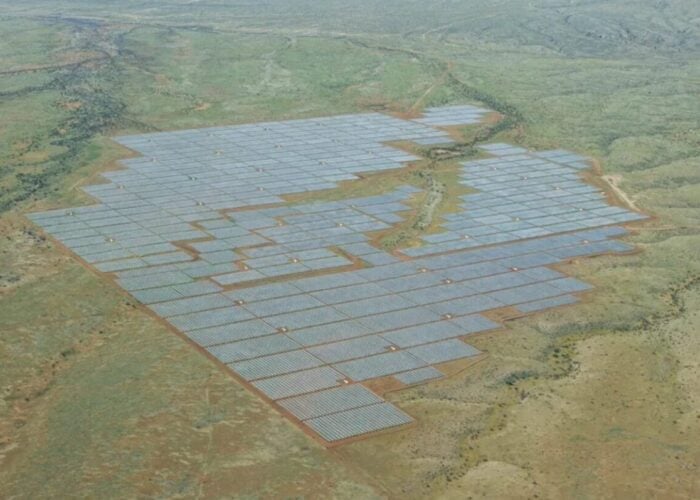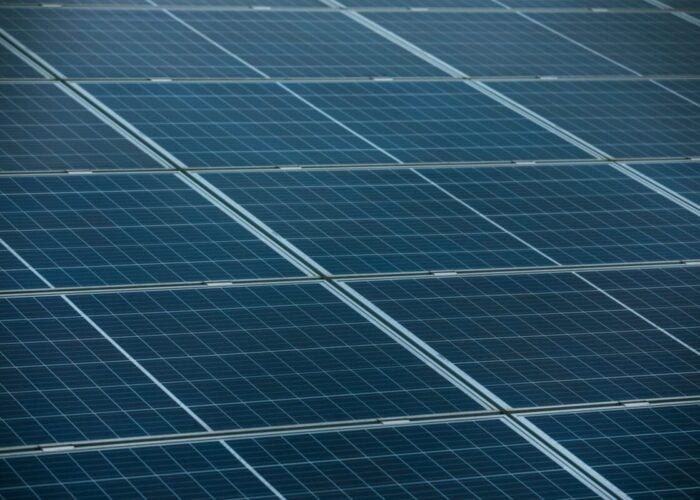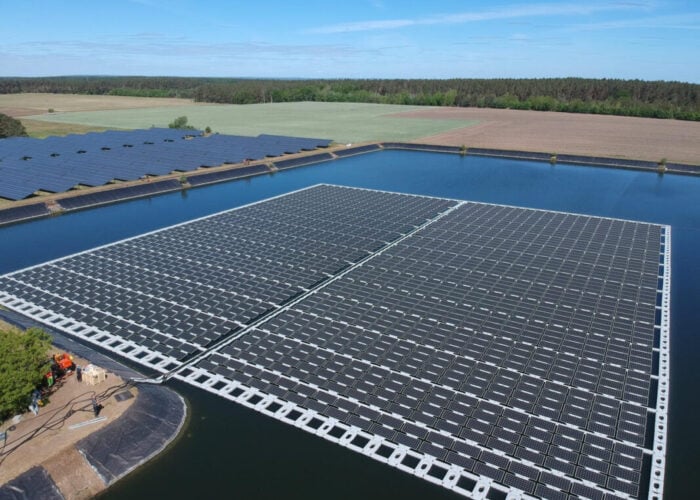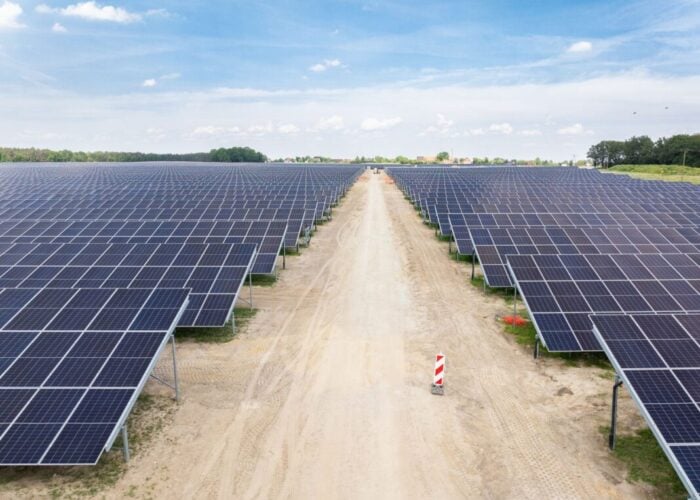US-based polysilicon producer REC Silicon is planning to attempt to shift its current FBR-based (fluidised bed reactor) polysilicon production sales away from China over tariff duty uncertainties and the eventual ramp of its JV FBR-base plant in China in 2017.
REC Silicon noted in an earnings call to discuss fourth quarter results that despite record quarterly production of FBR silicon it was forced to heavily discount polysilicon prices to the Chinese market, resulting in a 12% ASP decline, compared to the third quarter of 2014.
Unlock unlimited access for 12 whole months of distinctive global analysis
Photovoltaics International is now included.
- Regular insight and analysis of the industry’s biggest developments
- In-depth interviews with the industry’s leading figures
- Unlimited digital access to the PV Tech Power journal catalogue
- Unlimited digital access to the Photovoltaics International journal catalogue
- Access to more than 1,000 technical papers
- Discounts on Solar Media’s portfolio of events, in-person and virtual
The company also noted that it encountered weaker than expected FBR silicon demand starting in November, which also contributed to pricing pressure, while overall demand for the year remained as modelled and meant polysilicon prices were up around 20% for the year.
According to REC Silicon’s management, the price discounting was due to continued rumours of the ‘process in trade’ rule being closed down, which has negated China’s imposed import duty of 57% on REC Silicon’s FBR silicon, which management said had actually not yet happened.
REC Silicon noted in the call that it was also cautiously optimistic that China’s MOFCOM would make downward revisions the company had requested on its 57% tariff, due to continued in-house polysilicon cost reductions over the last year.
However, due to the ongoing uncertainties and the eventual ramp of its JV FBR plant in China in 2017, which basically doubles its FBR production, existing FBR production based in the US would need to serve a growing number of customers outside China.
The company also noted that a number of long-term polysilicon supply contracts within the sector were expiring in 2016, a legacy of short supply and increasing global PV demand from 2006 through 2011.
As a result, the company would be pursuing potentially new customers over the next few years.
Financial results
REC Silicon reported fourth quarter 2014 revenue of US$126.2 million compared to US$126.5 million in the prior quarter due to higher polysilicon sales volumes being offset by lower polysilicon prices and decreased sales volumes of silicon gases.
Strong silicon gas sales of 848MT were reported, while prices remained stable.
EBITDA decreased by approximately 17% compared to the prior quarter, primarily due to lower polysilicon prices.
Tore Torvund, CEO of REC Silicon said: “Continued focus on efficient and stable operations resulted in record high production volumes and secured REC Silicon's competitive cost position. Although challenging market dynamics and the uncertainty created by the US/China trade dispute led to pressure on solar grade polysilicon prices during the quarter, REC Silicon's financials remain strong.”
Polysilicon sales volume in the quarter was 4,595MT.
Production record
REC Silicon noted that it achieved a record quarterly production of polysilicon in the fourth quarter of 2014, producing a total of 5,337MT.
However, polysilicon sales volume in the quarter was 4,595MT, impacted by dock strikes on the West Coast of the US.
The company said it produced a total of 15,929MT of FBR silicon in 2014. FBR production in 2015 was guided to be 16,300MT.






